There are two basic ways the U.S. has dealt with incubators of terrorism: send in the Army, or send in the drones. Afghanistan and Iraq demonstrate that the former is no guarantee of success. The attack on Charlie Hebdo suggests that the latter isn’t, either.
There are good reasons to steer clear. “The U.S. needs to think hard about how much it wants to be in the middle of a shooting match between Sunni and Shia,” says Daniel Benjamin, who spent a lot of time dealing with Yemen as the State Department point man on counter-terrorism from 2009 to 2012.
And there are good reasons to get involved. “I have serious concerns for the future security of the United States and our allies,” says David Sedney, who from 2009 to 2013 ran the Pentagon office responsible for Afghanistan, Pakistan and central Asia. “Al-Qaeda and its offshoots have an agenda of destroying us, and our way of life.”
Then there’s the history of benign neglect. “Going back to my time at Centcom, we always felt we needed to do more to help Yemen build its anti-terrorism capability,” says Anthony Zinni, who ran U.S. Central Command as a four-star Marine general from 1997 to 2000. “The other Gulfies complained that their coast was the source of a lot of transit and the ability of bad guys to come in.”
Things got even worse on Oct. 12, 2000, three months after Zinni stepped down, when suicide bombers in a small boat approached the USS Cole during her refueling stop in Yemen’s Aden harbor. Crammed with explosives, the al-Qaeda-sponsored blast blew a hole in Cole’s hull, killing 17 sailors. “That sort of soured things. The hearings in Congress were all about `Why Yemen—who cares?’” Zinni recalls. “We sort of neglected Yemen, and the outcome is that’s where al-Qaeda in Afghanistan has ended up.”
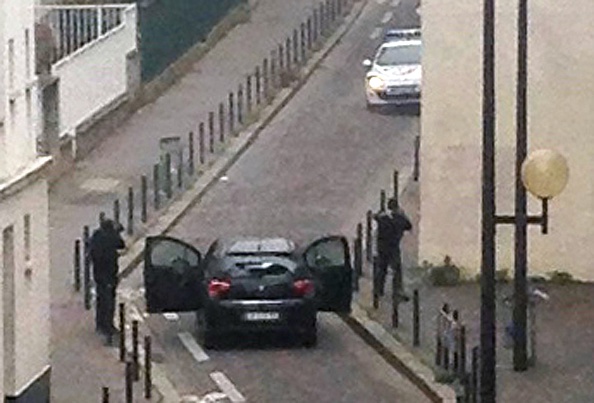
Yemen’s fingerprints are all over the slaughter at the French satirical newspaper, the latest in a series of bad events involving an impoverished state tacked on to the bottom of Saudi Arabia, wedged between the Red Sea and the Gulf of Aden.
Washington has cited its relationship with Yemen as breeding success in the war on terror. On Sept. 10, as President Obama announced the start of a bombing campaign against the Islamic State of Iraq and Greater Syria, he heralded his lighter approach to dealing with terror by citing Yemen.
“I want the American people to understand how this effort will be different from the wars in Iraq and Afghanistan,” he told the nation from the White House. “This strategy of taking out terrorists who threaten us, while supporting partners on the front lines, is one that we have successfully pursued in Yemen and Somalia for years.”
But 11 days later, the government of Yemeni President Abdu Rabbu Mansour Hadi, the U.S. partner in its anti-terror fight, was driven from the capital of Sana’a by Shiite-backed Houthis, who have since gained control of several ministries. The U.S. and its Yemeni allies says the Houthis are funded by Iran, which the Houthis deny, although both Iran and the Houthis are virulently anti-American.
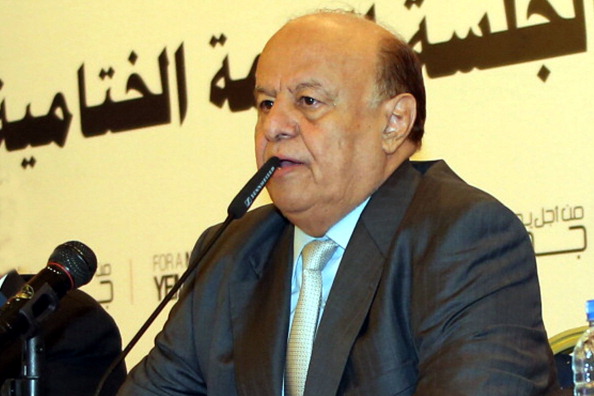
“It’s certainly worrisome when the legitimate government of President Hadi is much weakened by the Houthis occupation of Sana’a and by the increasingly sectarian character of the conflict there,” says Benjamin says, now a foreign-policy scholar at Dartmouth College. “I’m quite worried that this is going to become a southern version of Iraq because the whole region is so inflated with sectarian strife.”
Such violence further hampers American efforts. “It’s got to be harder for the U.S. to operate there, to cooperate with the authorities there, and also to do the training that’s such a key part of our relationship,” Benjamin says.
In fact, Yemen has been falling apart since the 2011 overthrow of Ali Abdullah Saleh, its longtime leader. The resulting unrest has allowed the Sunni-rooted al-Qaeda in the Arabian Peninsula (AQAP) to occupy much of the southern part of the country.
Four months after the fall of the capital, Saïd Kouachi and Chérif Kouachi, French brothers of Muslim descent, stormed Charlie Hebdo Jan. 7 and killed its editors and cartoonists, before dying in a shootout with French police two days later.
AQAP had trained both men in Yemen in 2011, Reuters reported Jan. 11, quoting anonymous Yemeni sources. The pair met with al-Qaeda preacher Anwar al-Awlaki and spent time in the desert being trained on firearms before returning to France.
U.S.-born Awlaki—who was also U.S.-killed, by a CIA drone strike in Yemen in September, 2011—has been the most inspirational Islamist for those seeking to attack U.S. targets. His legacy includes the failed 2009 underwear bomber over Detroit, the successful Fort Hood attack that same year, and the 2013 Boston Marathon bombing. It was in Yemen—where Awlaki resided from 2004 until his death—that he, as the face of AQAP, produced online videos and other media that continue to drive adherents to kill in the name of religion. The Saudi news outlet Al Arabiya has described him as the “bin Laden of the Internet.”
“This whole idea that was pioneered by Awlaki of individual acts of jihad has, in this particular environment in Europe where there’s so much anti-immigrant sentiment, growing Islamophobia, tough economic times, created the ground work for this kind of attack,” Benjamin says.
From Yemen’s perspective, dealing with Washington hasn’t always been easy, either. After an explosion 100 miles east of Sana’a killed suspected USS Cole bombing mastermind Qaed Salim Sinan al-Harethi in 2002, Yemeni officials blamed a car bomb for his death.
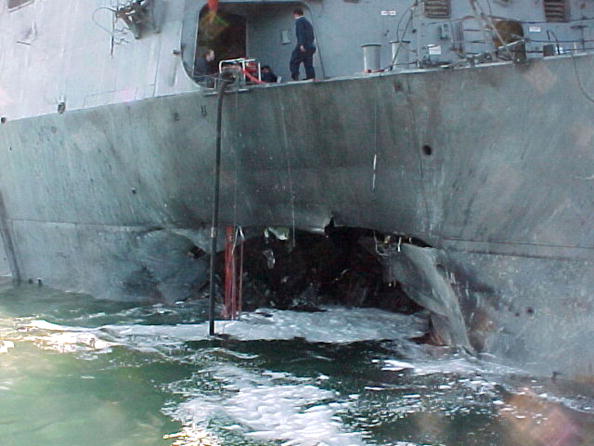
But Deputy Defense Secretary Paul Wolfowitz blew that cover story two days later by acknowledging in a CNN interview that a CIA Hellfire missile had killed al-Harethi.
“This is why is it so difficult to make deals with the United States,” Yemeni Brigadier General Yahya M. Al Mutawakel, the deputy secretary general for the ruling People’s Congress party, told the Christian Science Monitor shortly after Wolfowitz spilled the beans. “This is why we are reluctant to work closely with them.” Local outrage forced the U.S. to close its embassy in Sana’a temporarily following the admission.
Back in Paris, “Tell the media that this is Al-Qaeda in Yemen!” the Kouachi brothers shouted outside the newspaper office where they had just carried out their massacre. They’d later tell the driver of a car they hijacked that their actions were driven by a thirst for revenge for Awlaki’s death.
“The leadership of AQAP directed the operation, and they have chosen their target carefully as revenge for the honor of the prophet,” a statement issued by an AQAP spokesman said the day the pair died. U.S. officials said, despite that claim, that there is no clear evidence yet that the Paris attack was ordered by AQAP.
But the group did call for attacking Charlie Hebdo and its editor, Stéphane Charbonnier, in Inspire, its English-language magazine, saying he and other journalists were “wanted dead or alive for crimes against Islam.”
There is only so much the U.S. can do to fix the country. “Yemen is a semi-failed state—some people would say its an outright failed state—and as a result its absorptive capacity for dealing with assistance across a broad range of areas is limited,” Benjamin says. “We have done an enormous amount on the security side, as well as on the humanitarian, economic and governance accounts.”
Not everyone agrees. “We’ve mishandled Yemen terribly,” Sedney says. “Al-Qaeda is stronger today in Yemen than it was a year ago.”
The U.S. anti-terror policy of a “light footprint”—drones, special-ops units and training for local forces—isn’t working there, or in Libya, Somalia or the tribal areas of Pakistan, he says.
“That kind of activity can temporarily suppress the threat to the United States and our allies,” Sedney says. “But it doesn’t solve the problem, and it also creates countervailing forces that actually make the problem worse in the long run” because such remote attacks serve to motivate survivors to seek revenge.
Sedney says the only way of transforming a society is full-bore nation building, with the time and money needed to make it flourish. It requires political muscle and popular support, something that hasn’t truly existed since the U.S. helped rebuild Germany and Japan after World War II. “That worked wonderfully for us,” he says.
Since then, “the U.S. efforts have always been halfhearted, half-resourced and focused on exit strategies rather than on success,” Sedney says. “We always want to have an exit, and the problem with real life is there’s no exit.”
Christopher Swift, a Yemen expert at Georgetown University, agrees that U.S. efforts in Yemen have been lackluster. “Our relationships, whether they’re political or military, don’t extend beyond the capital,” he says. “The bad guys are out in the field, far away from the national capital, and to the extent we claim to have relationships out in the bush, they’re based on third-party sources or overhead surveillance.”
U.S. goals in Yemen have always been tempered. “We’ve been playing for very limited, very modest objectives in Yemen,” Swift says. “Yemen is still a place where people who want inspiration, or training, or a place to hide can go. AQAP isn’t going away. The Yemenis are not in a position to make it go away, and we’re not willing to help them defeat AQAO decisively.”
Al-Qaeda’s return to center stage comes a year after it was pushed out of the spotlight by the Islamic State of Iraq and Greater Syria, which has preoccupied Washington and returned U.S. troops to Iraq for the third time in 25 years.
Al-Qaeda wants that spotlight back. “There an internal competitiveness now,” Zinni says. “Everybody wants to outdo the other guy, because it helps with recruiting and funding.”
Army General Martin Dempsey, chairman of the Joint Chiefs of Staff, agrees with Zinni. “ISIL is inspiring groups that already exist to rebrand themselves, but in rebranding themselves into a more radical ideology,” he told Fox News Jan. 9. “That’s what makes it dangerous.”
Yemen remains a difficult challenge. “Once touted as a relative success story among Arab uprisings, the internationally backed transition process in Yemen has unraveled in the wake of the September 21 Houthi takeover of Sana’a,” April Longley Alley of the nonprofit Middle East Institute wrote in December. “In the north, the balance of power has tipped sharply in favor of the Houthis, a predominantly Zaydi-Shi‘i movement that took control of the capital in September and has since consolidated and expanded southward and along the Red Sea coast. Supporters of the movement see the Houthis as correcting the wrongs of the country’s 2011 transition agreement, which preserved the power and corruption of old regime elites. They praise the movement’s willingness to confront corruption, combat al-Qa‘ida, and fill a security vacuum left by a feckless government.”
But the Saudis, who have poured at least $4 billion in aid into Yemen, view the Houthis as proxies for their mortal enemy, Iran, and could halt the cash flow. “If they do pull the plug,” Alley writes, “it will almost certainly increase hardship for average Yemenis, undermine the new technocratic government formed in November, and raise the prospect of fiscal collapse in early 2015.”
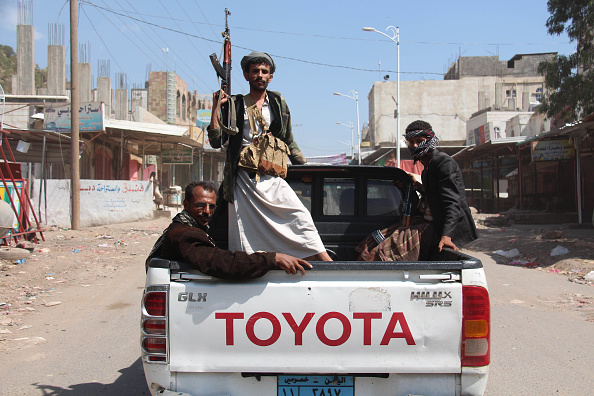
Between 2011 and 2014, the U.S. pumped $343 million into Yemen, largely to fight AQAP. The U.S. is slated to provide Yemen with $125 million in arms and military training in 2015, in addition to $75 million in humanitarian aid, according to the nonprofit Security Assistance Monitor website.
“Despite their aggressive actions against AQAP, the Houthis have continually expressed anti-American rhetoric,” Seth Binder of the Security Assistance Monitor wrote Jan. 9. “And AQAP has used the Houthi’s Zaidi-Shi’a roots, a sect of Shiite Islam, to frame their battle as a Sunni-Shiite conflict. Recent reports indicate the tactic may be working as an increasing number of disenchanted Sunni tribesman are joining AQAP.”
There are near-daily attacks in Yemen now. On Jan. 7—the same day the Kouachi brothers butchered Charlie Hebdo’s masthead—a car bomb killed 40 people seeking to enroll in a police academy in Sana’a. Five suspected al-Qaeda members have been arrested in connection with the blast.
Masses Mourn Paris Terror Victims in France and Israel
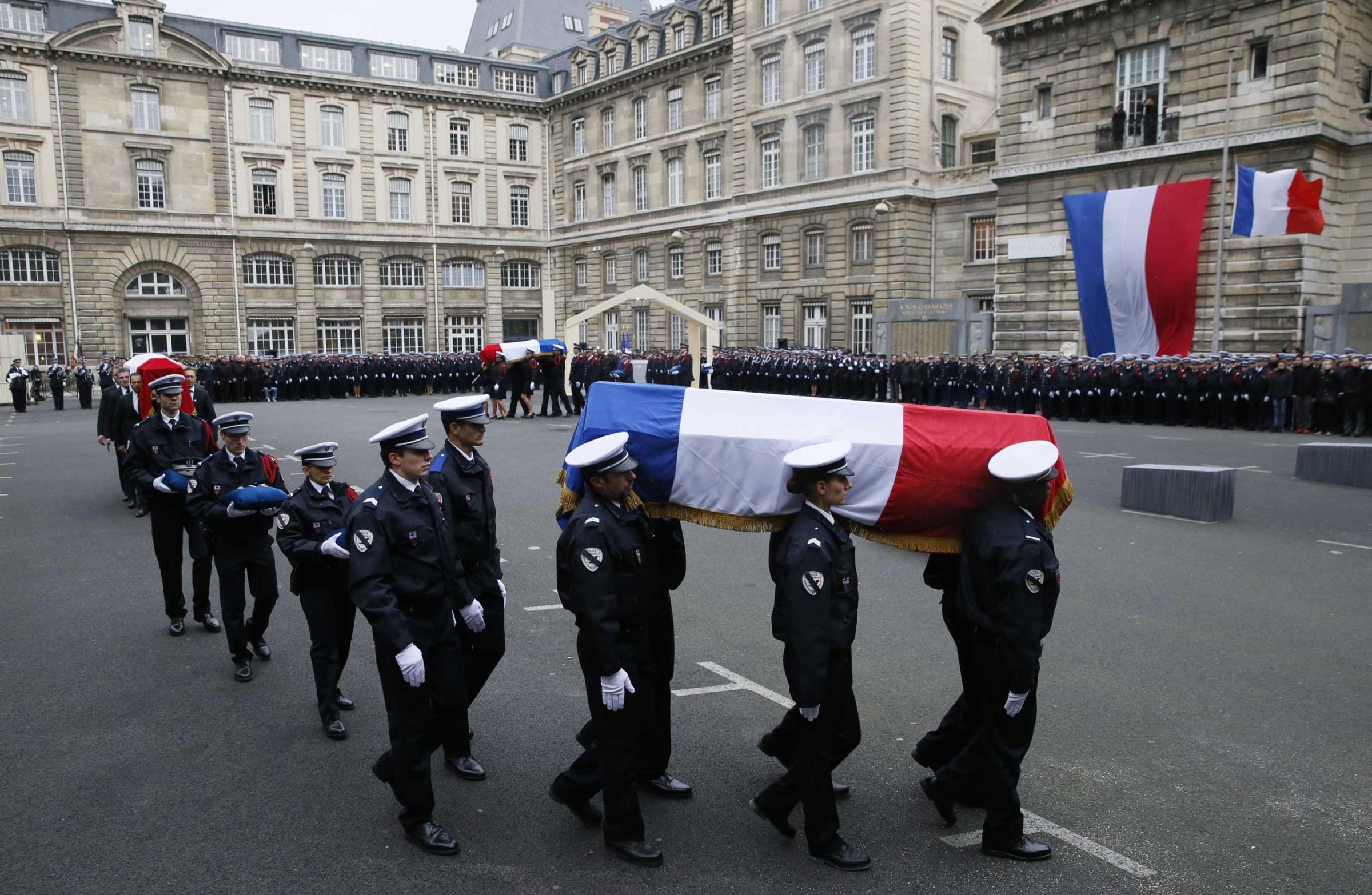
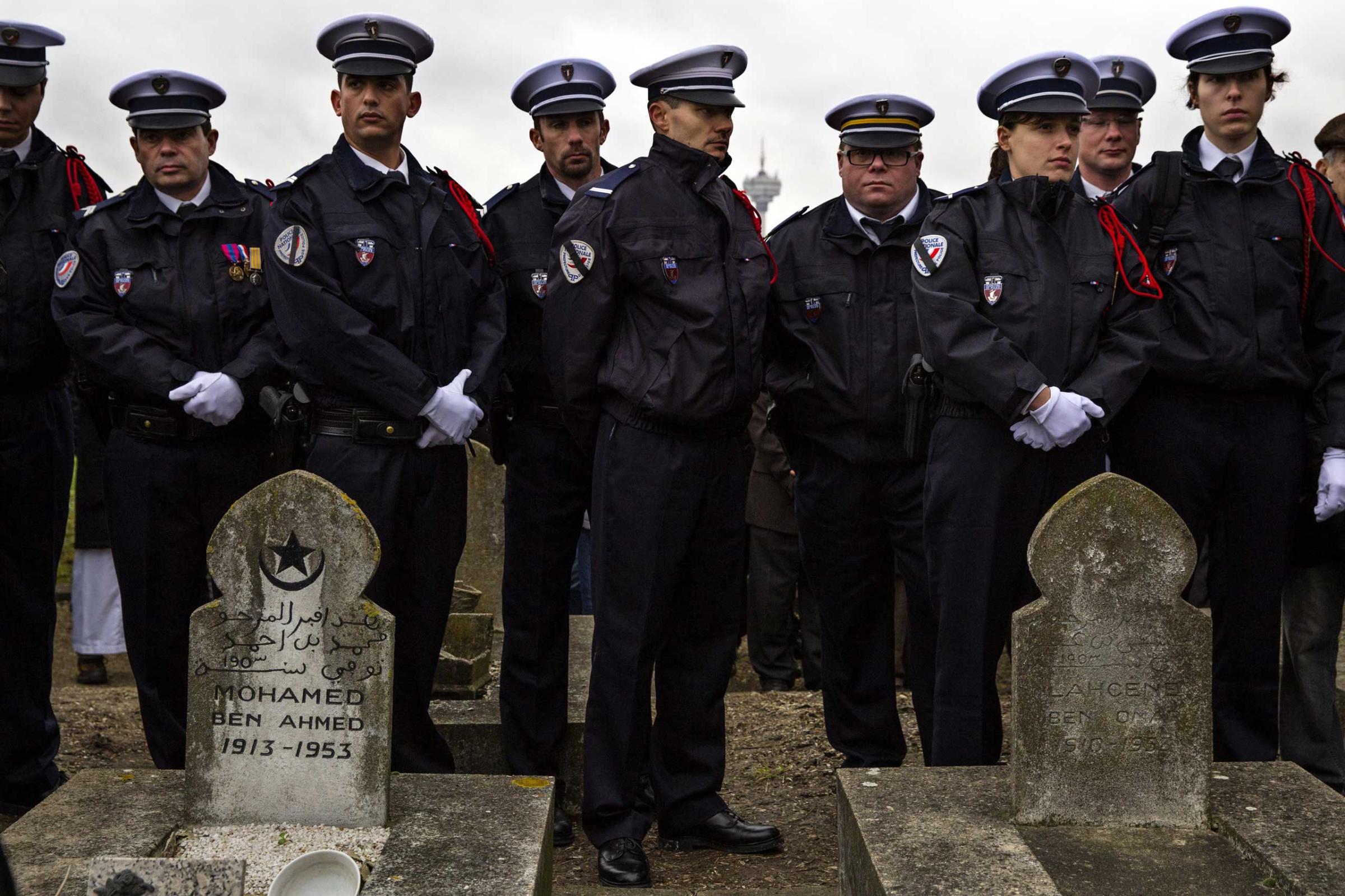
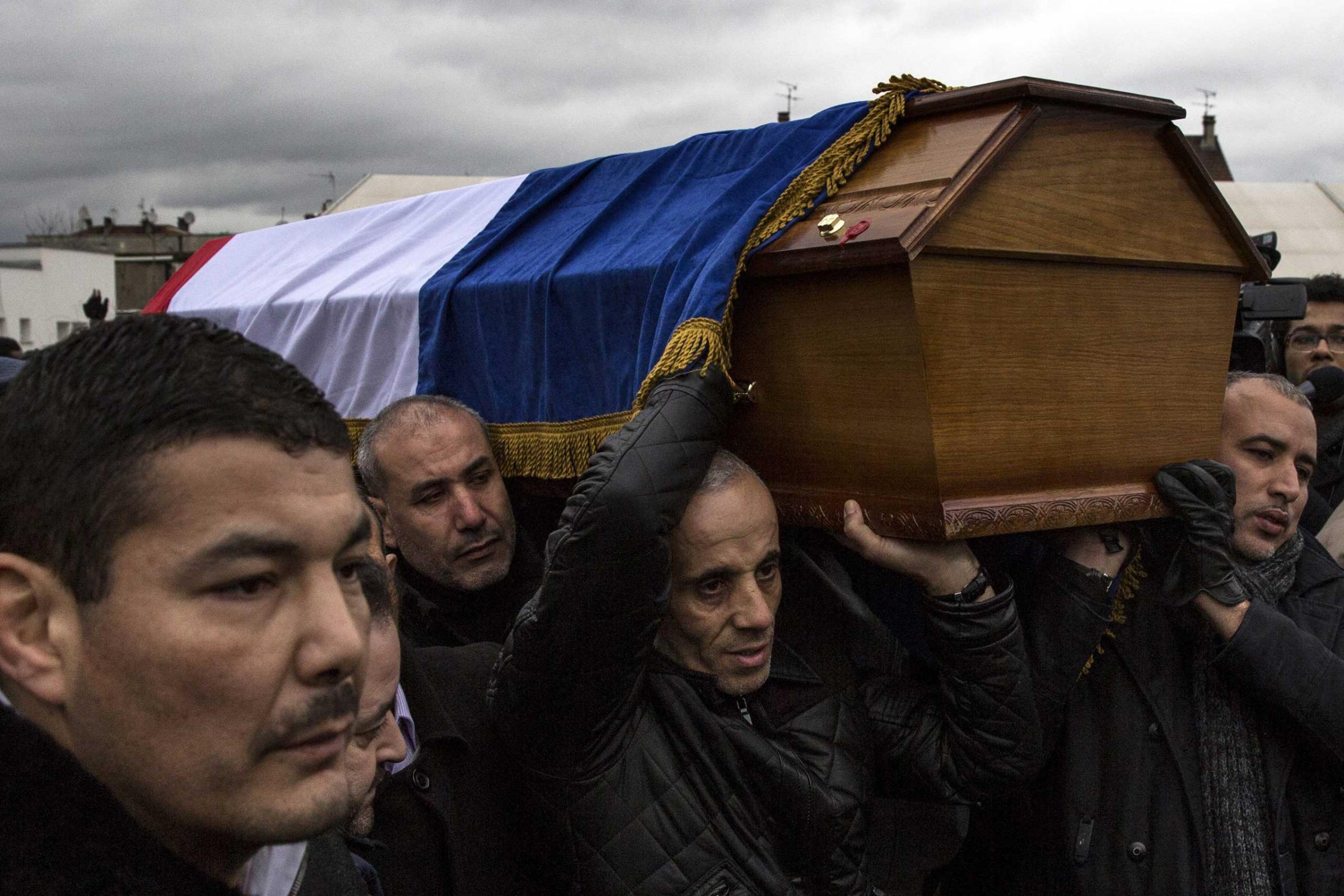
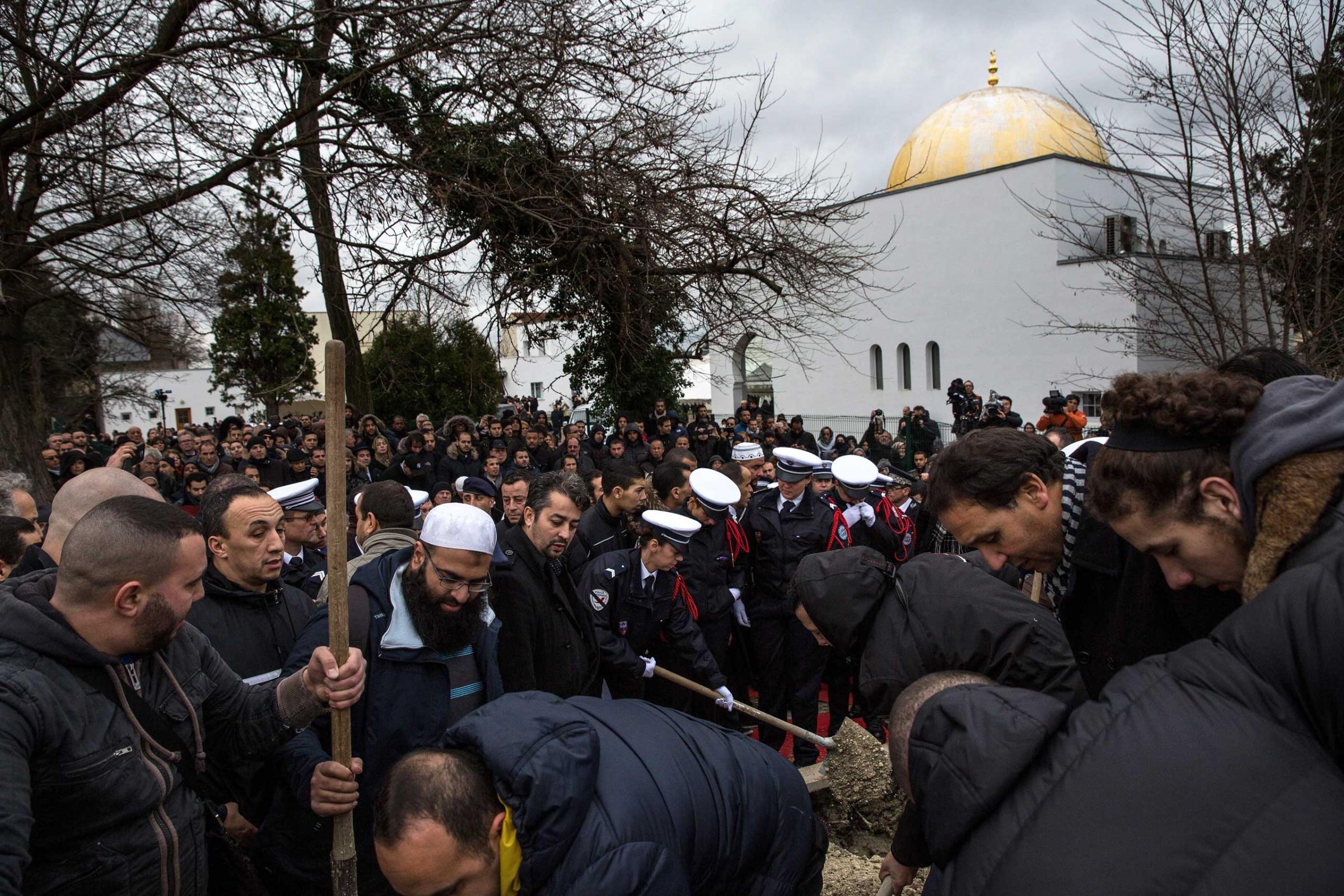
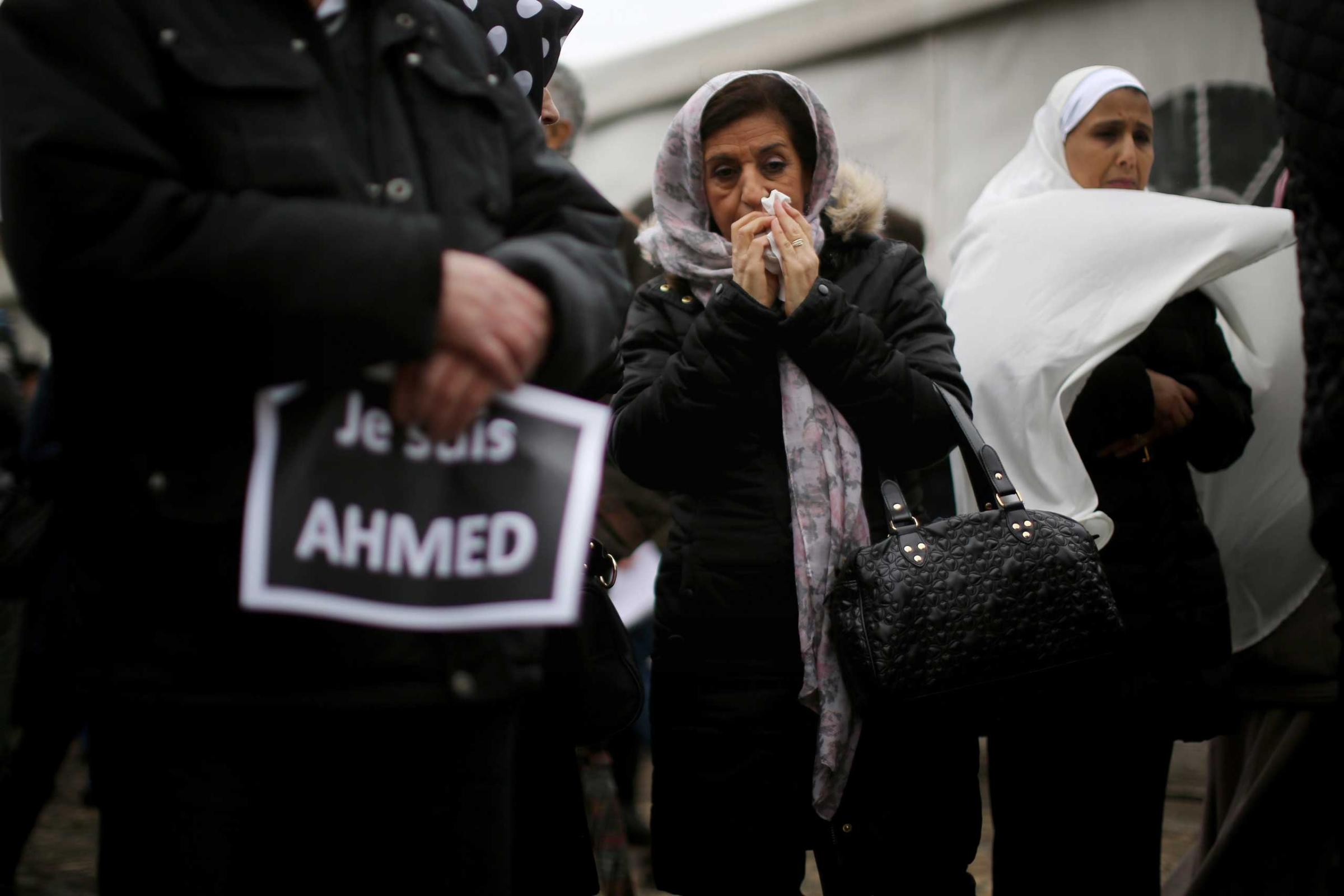
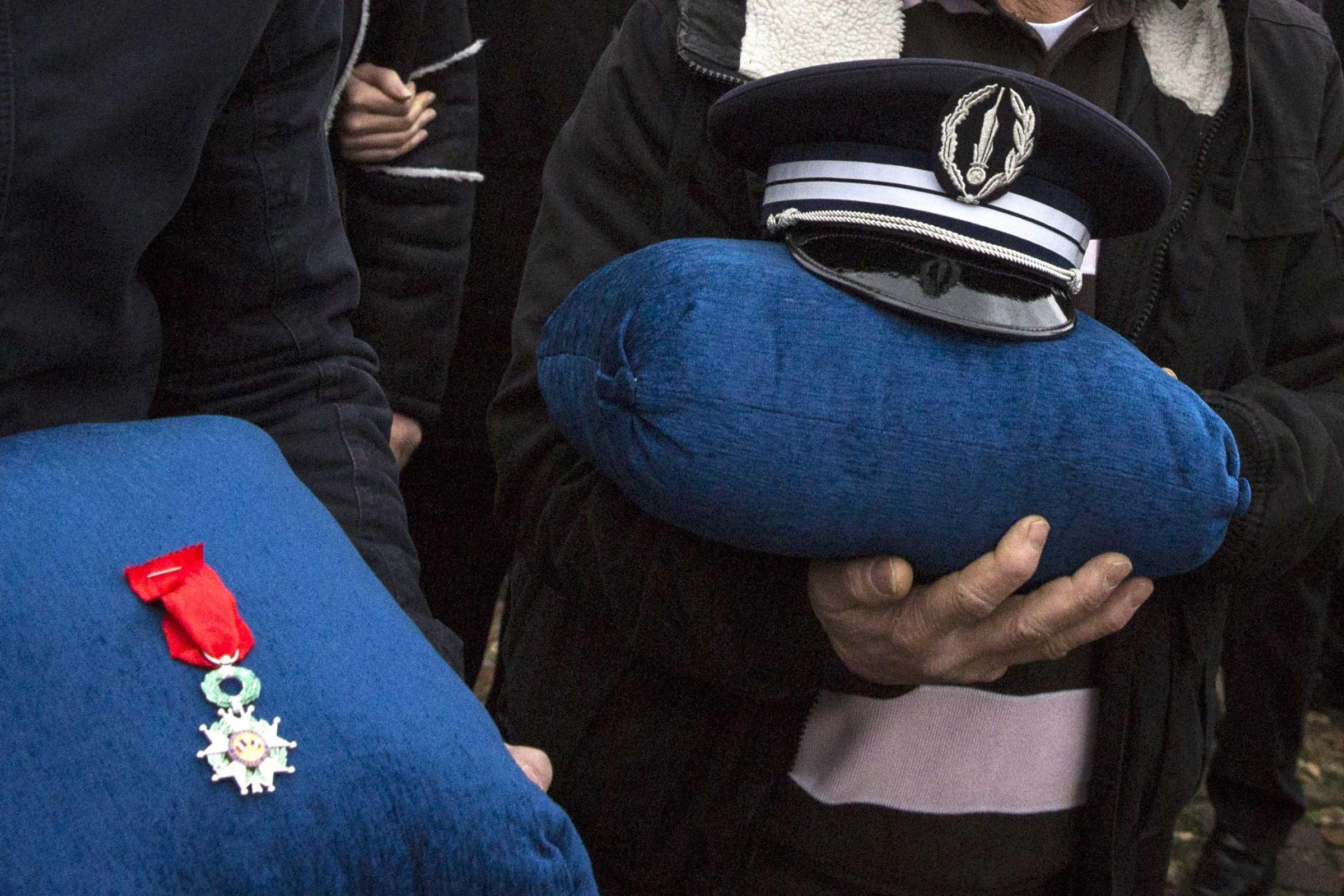
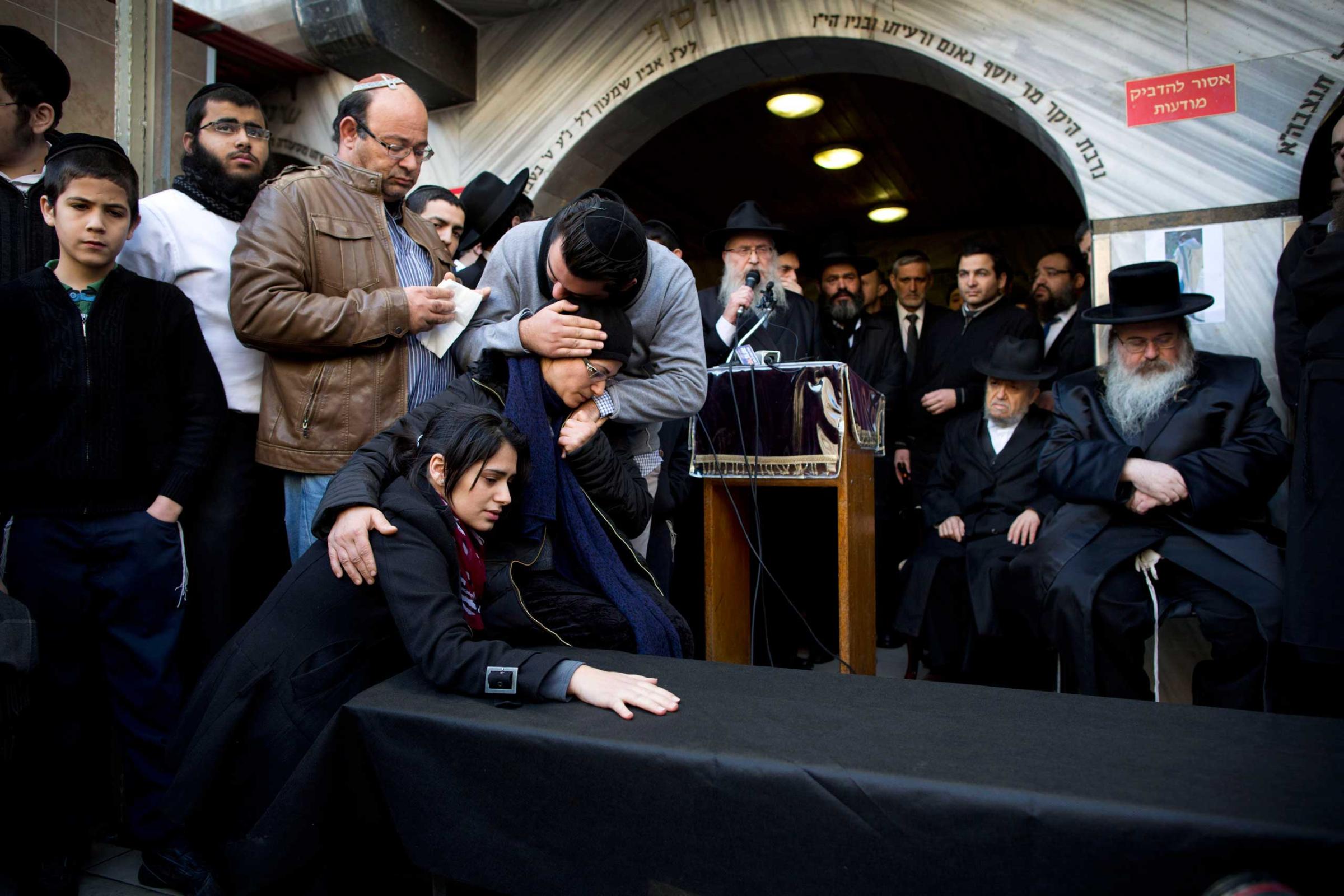
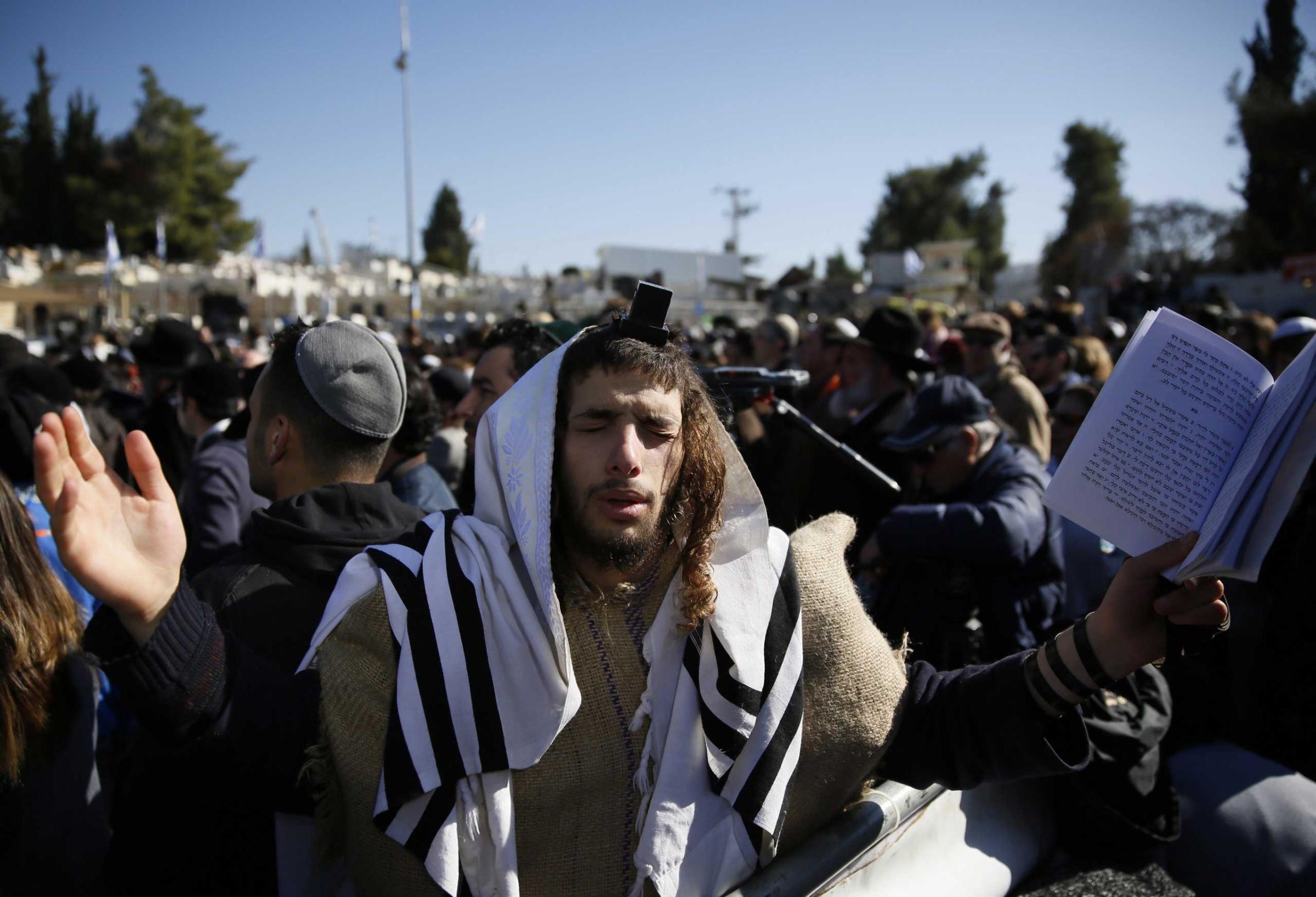
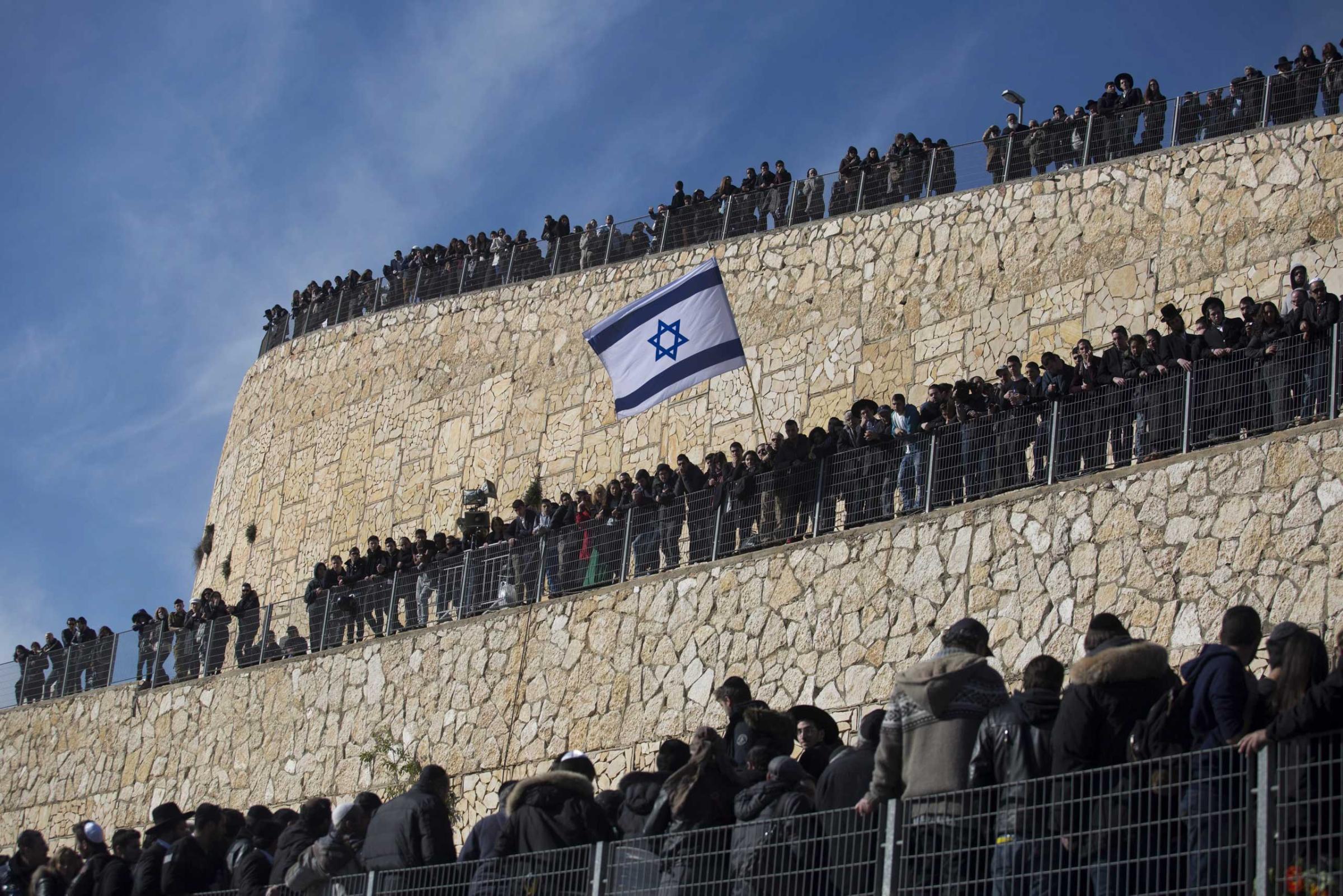
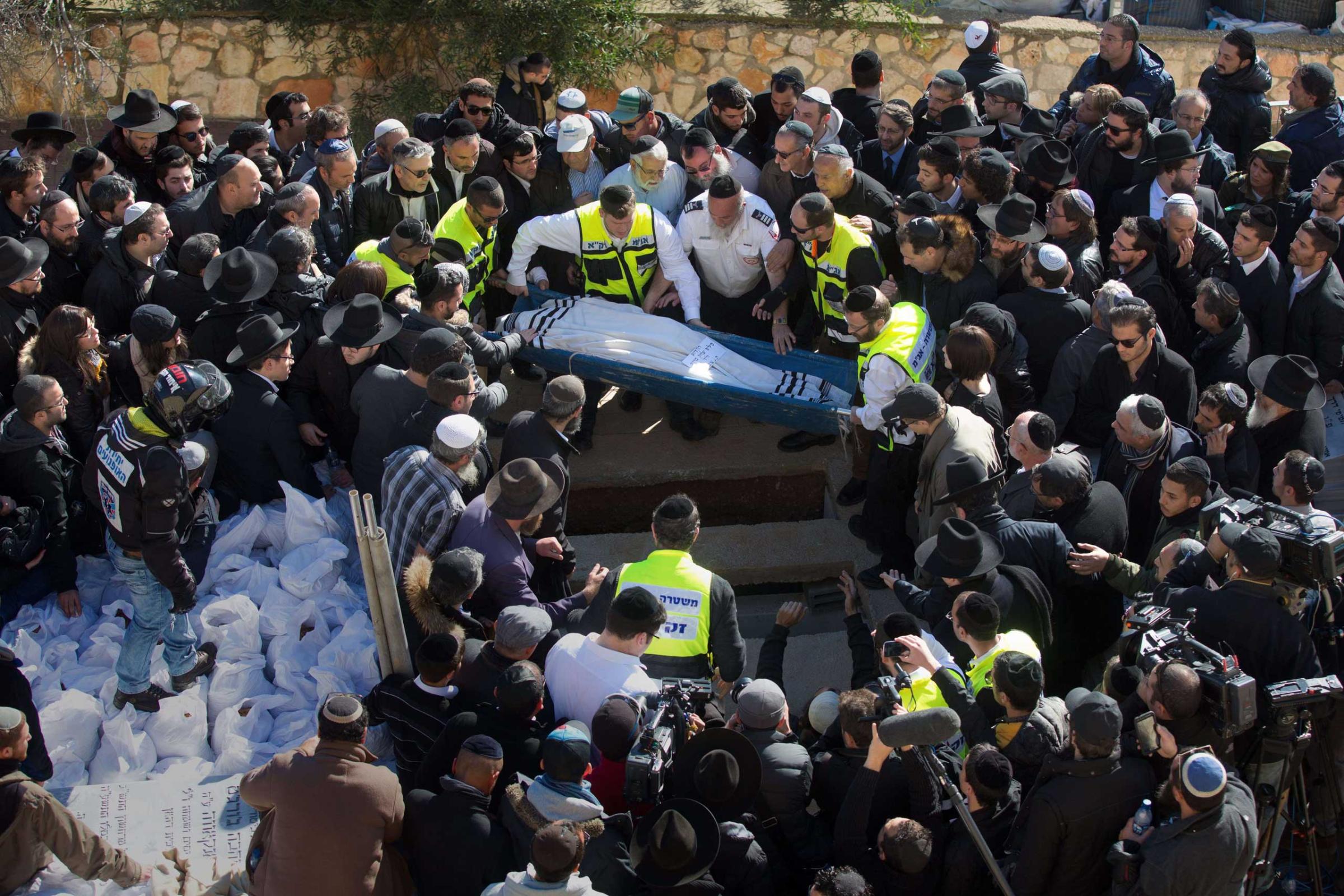
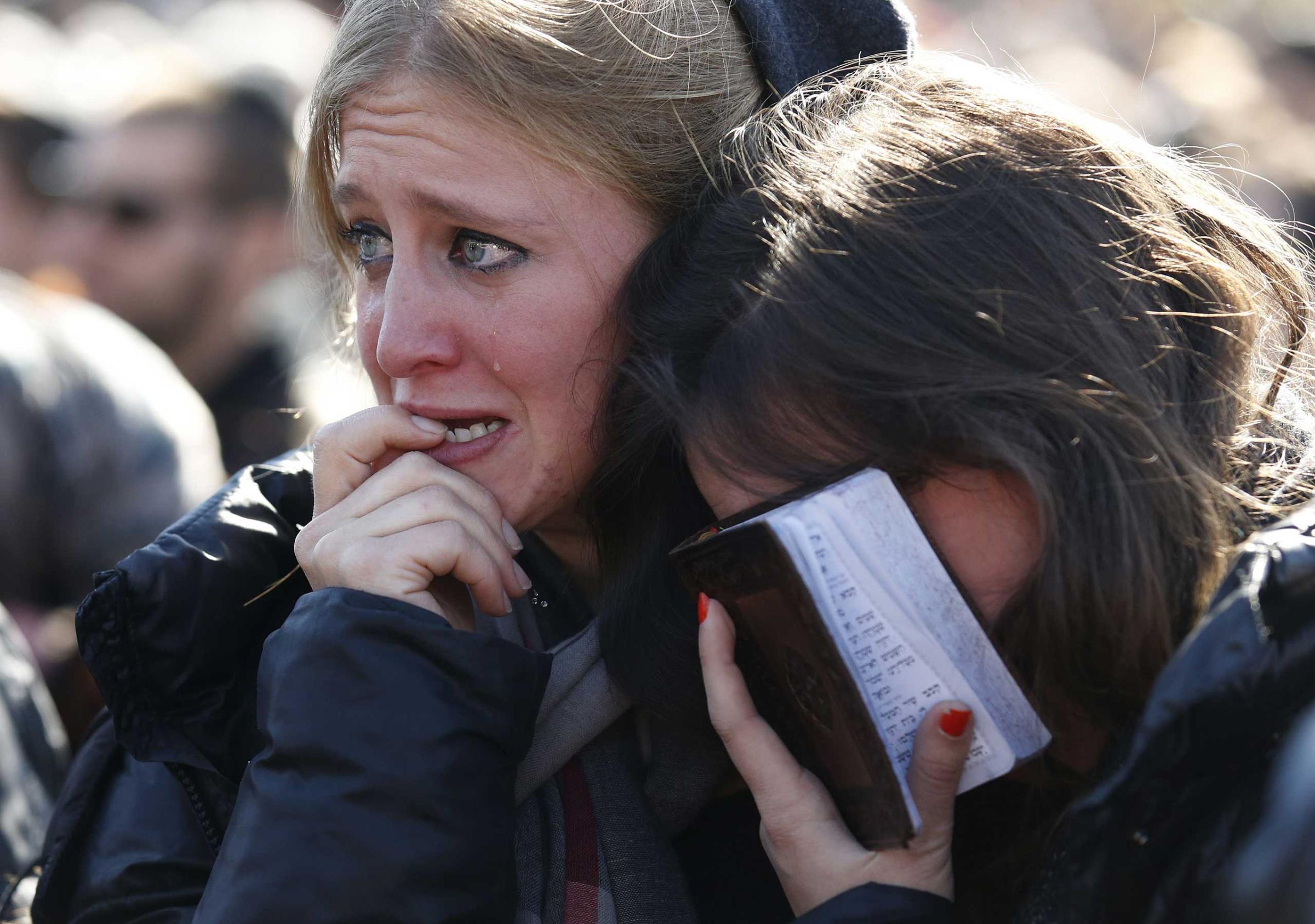
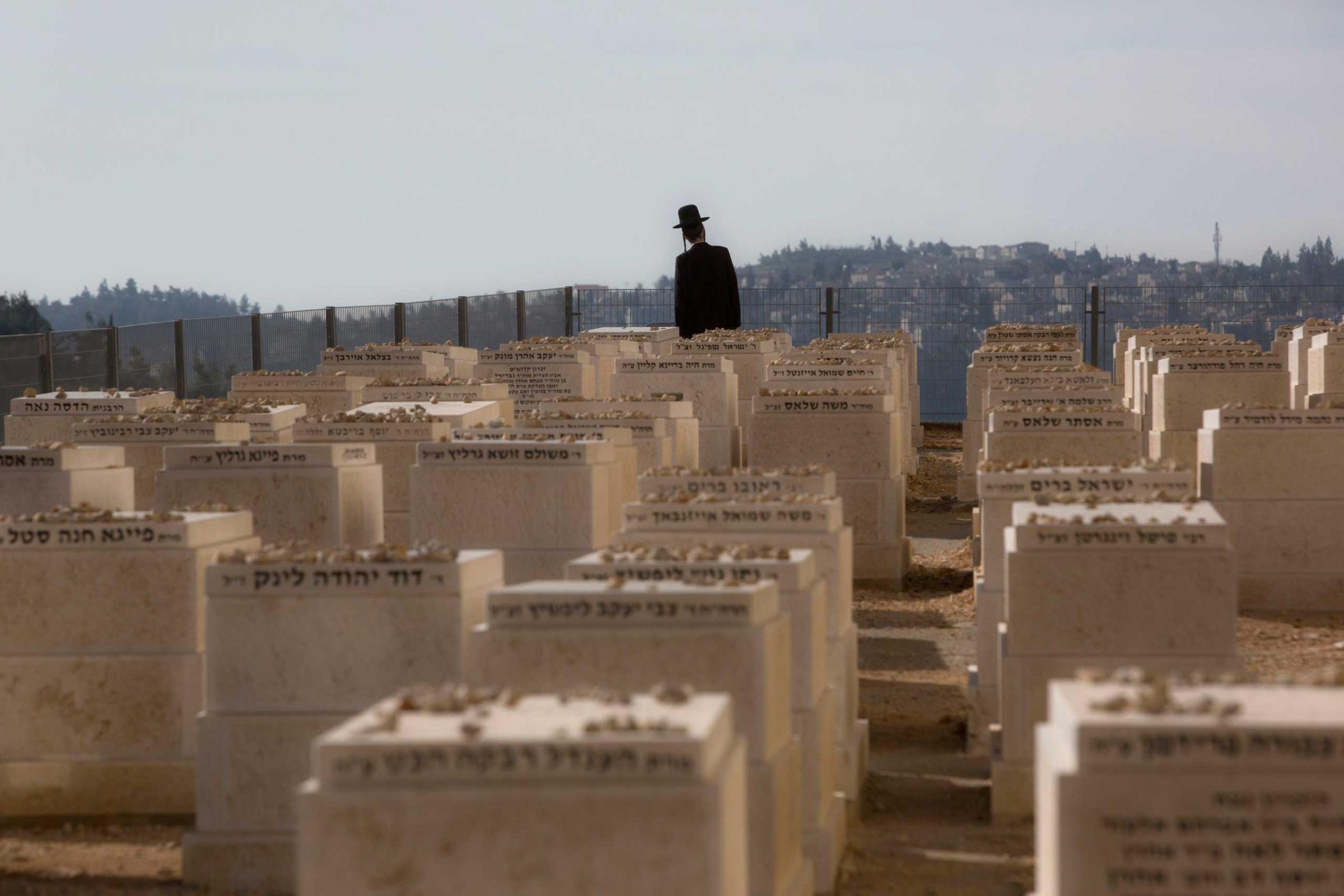
More Must-Reads from TIME
- Why Trump’s Message Worked on Latino Men
- What Trump’s Win Could Mean for Housing
- The 100 Must-Read Books of 2024
- Sleep Doctors Share the 1 Tip That’s Changed Their Lives
- Column: Let’s Bring Back Romance
- What It’s Like to Have Long COVID As a Kid
- FX’s Say Nothing Is the Must-Watch Political Thriller of 2024
- Merle Bombardieri Is Helping People Make the Baby Decision
Contact us at letters@time.com